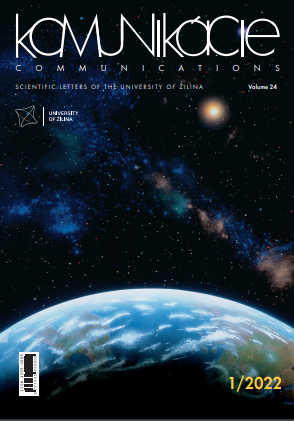Using Mathematical Statistics Ethically in Research in The Social Sciences and Humanities
Using Mathematical Statistics Ethically in Research in The Social Sciences and Humanities
Author(s): Pavel Hanes, William Gibson, Dana HanesováSubject(s): Social Sciences, Ethics / Practical Philosophy, Methodology and research technology
Published by: Žilinská univerzita v Žilině
Keywords: social sciences; humanities; mathematics; statistics; ethics; research;
Summary/Abstract: The aim of the authors is to consider some of the ethical challenges caused by the use of statistical methods for research in the humanities and social sciences (specifically education sciences). Statistics has the potential to be a useful tool in the research methodology of these sciences but, on the other hand, it can be abused and misused when the scientists are not aware of its limitations and pre-conditions. Most of the problems arise with deciding what to do to try to answer their questions and how to collect the data. How the data are collected affects how the data are analysed, and how the data will be analysed should affect how the data are collected. The authors will make an introduction to the topic by showing the tension in choosing either quantitative (statistical) or qualitative methodology for research in the human and social sciences over recent decades. Then they will present some ethical consequences of the misuse of mathematical statistics and emphasise the need for greater awareness and education about its correct use in the social sciences and humanities.
Journal: Komunikácie - vedecké listy Žilinskej univerzity v Žiline
- Issue Year: 20/2018
- Issue No: 1A
- Page Range: 80-88
- Page Count: 9
- Language: English

